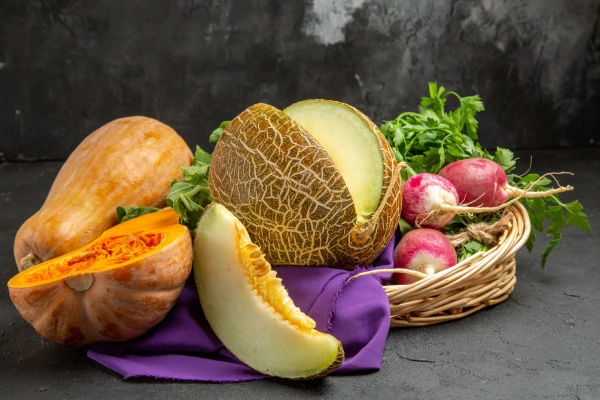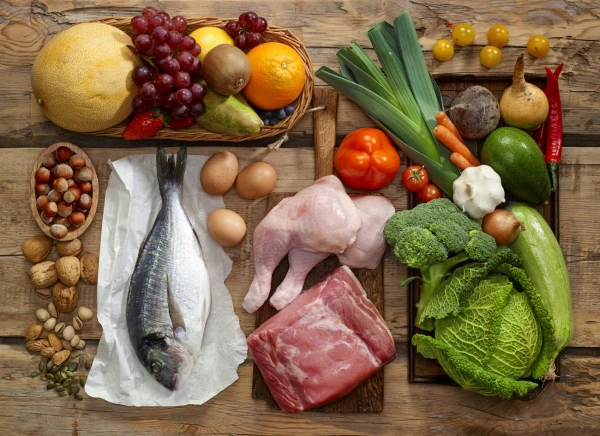
According to numerous studies, to maintain health and the normal functioning of the body, a person needs to receive about 20 minerals and 13 vitamins daily.
Their deficiency leads to the emergence of diseases such as ARI, ARVI, and avitaminosis. These conditions can be accompanied by rapid fatigue, hair loss, enamel destruction, headaches, loss of appetite, and even depression.
During the autumn-winter period, the body especially needs vitamins and minerals, as the amount of sunlight decreases, seasonal berries, fruits, and vegetables disappear, and physical activity, especially outdoors, decreases. This combination of factors contributes to a deficiency of beneficial substances, which requires active prevention – through proper nutrition and vitamin intake. However, the latter should be done strictly according to a doctor's recommendations.
It is worth noting that vitamins are divided into water-soluble and fat-soluble. The first group includes vitamins C, B, and PP. They are quickly excreted from the body and are found in vegetables, fruits, and greens. They need to be replenished regularly. The second group includes vitamins A, E, and D. These substances accumulate in fat tissue and are more resistant to excretion, allowing the body to store them for a long time. During the autumn-winter period, the role of vitamins A, C, D, and E is particularly important. For example, vitamin C helps strengthen the immune system, while vitamins D and E contribute to protecting cells from damage and participate in regulating metabolism.
The body in cold weather also needs trace elements – zinc, selenium, and iron – which strengthen the immune system and its response to infections. In addition to vitamins and trace elements, it is important to consume sufficient amounts of proteins, healthy fats, and complex carbohydrates, which provide energy to fight colds, viruses, and stress. In other words, proper nutrition contributes to strengthening immune protection and increasing the overall tone of the body.
The diet should be diversely enriched with seasonal products:
citrus fruits (oranges, clementines, grapefruits); kiwi; pumpkin; courgettes.
These products are rich in natural immunomodulators and antioxidants. During periods when immunity is weakened, the body especially needs fresh fruits and vegetables rich in vitamin C and folic acid, which help combat viral infections.
It is also necessary to consume foods with pronounced antibacterial and antiviral properties – garlic, onions, turmeric, and pepper. The listed options have natural medicinal effects. Vitamin D can be obtained through fish, eggs, and dairy products.















Leave a comment